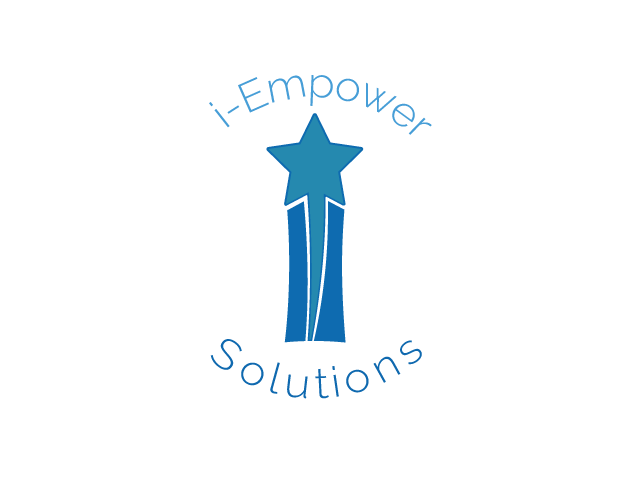Mental Health in Catastrophes
My heart goes out to everyone impacted by Hurricane Helene. It is difficult to see the devastation this storm has caused. So many people lost their homes, businesses, cars, and even loved ones because of this hurricane. Times like this show us how important it is to keep these people in our thoughts, even when it doesn’t directly impact us.
I was nine years old when the infamous Hurricane Katrina hit. Although I was only a child and lived over 1000 miles from its landfall, I still remember seeing the damage. I remember thinking about how it must be everything you have. I never witnessed hurricanes, having lived in New Jersey my entire life until 2011. In 2011, Hurricane Irene flooded many parts of North Jersey. Trees fell, and we were out of power for days. This was when I knew how scary a natural disaster can be. Little did we know we would experience Hurricane Sandy in 2012, which ravished many parts of the tri-state area. But when Hurricane Ida came in 2021, and I saw my hometown of Bayonne, New Jersey, underwater, I understood the mental trauma catastrophes cause.
Navigating events like this is incredibly difficult and interferes with our mental health more than we think. Even if you or your family isn’t directly affected by it, the news coverage, social media reels, and conversations have a toll on our bodies and minds.
In recent years, events like this have made us ponder big questions and partake in substantial debates. Is the end of the world coming? Is climate change getting worse? Are we doing enough to slow this down? How much longer do we have? These issues have caused a lot of tension and fear, which skyrockets after natural disasters. Although we must stay attuned to what’s happening, we must still be mindful of our mental health.
We have to be careful of information overload and false information. Be sure to fact-check sources and avoid spreading misinformation. Wrong information can mess with the way we handle a catastrophe. Official websites, weather stations, and meteorologist social media accounts are excellent places to get information about extreme weather events. If you feel overly anxious or depressed from consuming too much of this coverage, it may be a good indicator to reduce or take a break from it.
Be mindful of how this may impact different people in different ways. Although I wasn’t directly affected by this, I know many people who were. You never know who may have a parent, child, sibling, or friend who lives in the Southeast. Always be kind and support those who have a long recovery ahead. Validate all feelings and understand everyone handles this differently. If you’re reading this and this recent hurricane impacts us, remember to give yourself grace as you recover. We are thinking of you.
